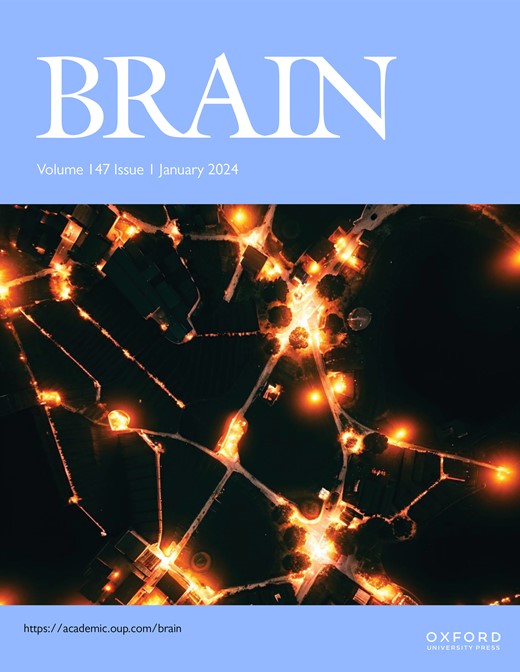PACAP与偏头痛
IF 11.7
1区 医学
Q1 CLINICAL NEUROLOGY
引用次数: 0
摘要
包括垂体腺苷酸环化酶激活多肽(PACAP)在内的许多神经肽在偏头痛的病理生理中起着重要作用。偏头痛患者输注PACAP可引起偏头痛发作。一项针对pacap受体的单克隆抗体的安慰剂对照研究未能显示出疗效。在一项小型、简短的概念验证研究中,一种针对PACAP的单克隆抗体(Lu AG09222)与安慰剂相比,在减少每月偏头痛天数方面显示出疗效,但在减少偏头痛天数50%的终点上失败。正在进行的程序性研究是一项双盲、安慰剂对照、剂量发现研究,研究四种不同剂量的Lu AG09222与安慰剂预防偏头痛,预计将于2025年下半年完成。本文章由计算机程序翻译,如有差异,请以英文原文为准。
PACAP and migraine
A number of neuropeptides including pituitary adenylate cyclase-activating polypeptide (PACAP) play an important role in the pathophysiology of migraine. Infusions of PACAP in patients with migraine can provoked migraine attacks. A placebo-controlled study with a monoclonal antibody directed against the PACAP-receptor failed to show efficacy. In a small, short, proof of concept study a monoclonal antibody directed against PACAP (Lu AG09222) showed efficacy in the reduction of monthly migraine days compared to placebo, but failed for the endpoint 50%-reduction in migraine days. The ongoing PROCEED-study is a double-blind, placebo-controlled, dose-finding study investigating four different doses of Lu AG09222 vs placebo for migraine prevention is expected to complete in the second half of 2025.
求助全文
通过发布文献求助,成功后即可免费获取论文全文。
去求助
来源期刊

Brain
医学-临床神经学
CiteScore
20.30
自引率
4.10%
发文量
458
审稿时长
3-6 weeks
期刊介绍:
Brain, a journal focused on clinical neurology and translational neuroscience, has been publishing landmark papers since 1878. The journal aims to expand its scope by including studies that shed light on disease mechanisms and conducting innovative clinical trials for brain disorders. With a wide range of topics covered, the Editorial Board represents the international readership and diverse coverage of the journal. Accepted articles are promptly posted online, typically within a few weeks of acceptance. As of 2022, Brain holds an impressive impact factor of 14.5, according to the Journal Citation Reports.
 求助内容:
求助内容: 应助结果提醒方式:
应助结果提醒方式:


